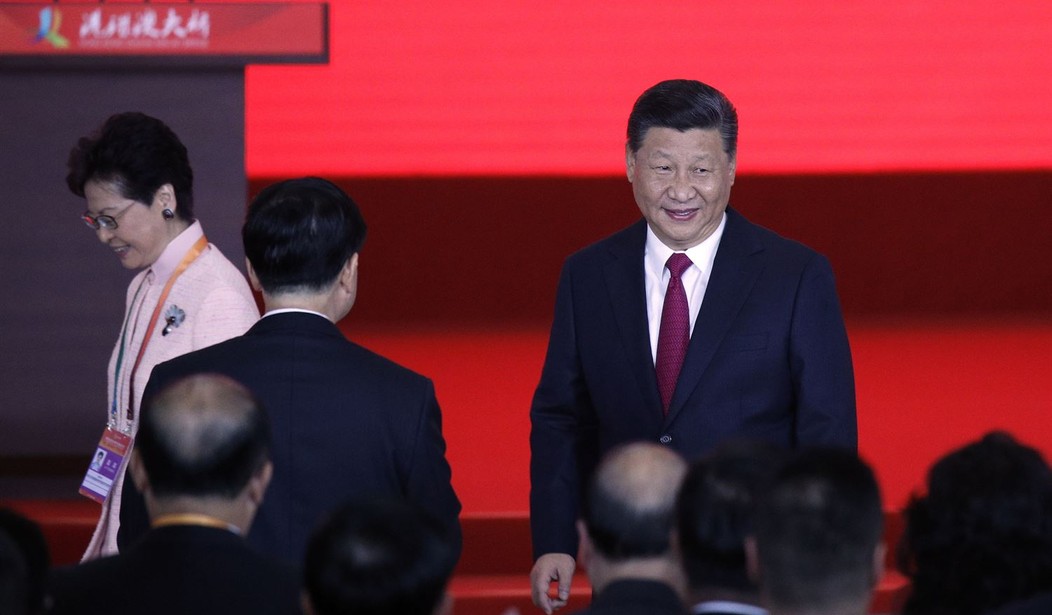While perhaps not entirely unexpected, Hong Kong’s chief executive, Carrie Lam, announced this weekend that she will step down after completing her five-year term in June. An “election” to select her replacement will be held in May. It’s widely expected that her Chief Secretary, John Lee, will likely run to succeed her. Being 64 years old and having served in the government for more than 40 years, it’s probably understandable that she might be looking forward to retirement. But given how closely Hong Kong is kept under the thumb of the Chinese Communist Party, it’s difficult to avoid wondering whether they played a role in this decision. In her announcement, Lam claimed that she had informed Beijing of her intention to retire last year and they accepted the decision with “respect and understanding.” (Associated Press)
Hong Kong leader Carrie Lam said Monday she wouldn’t seek a second term after a rocky five years marked by huge protests calling for her resignation, a security crackdown that has quashed dissent and most recently a COVID-19 wave that overwhelmed the health system.
Her successor will be picked in May, with the city’s hard-line security chief during the 2019 protests seen as a likely choice…
Speculation had swirled for months about whether she would seek another term, and she repeatedly declined to comment on the possibility.
Sounding much like an American politician who is heading for the exit, Lam stated that she plans to spend more time with her family, which she described as her “sole consideration.” Perhaps that’s the case, but Lam’s popularity had been declining steadily as she oversaw the crackdown on the city’s previously flourishing pro-democracy movement. She had also been seen as making mistakes in her response to the pandemic. But more than anything else, Lam was clearly little more than a pawn of Beijing who followed the orders she was given by the Chinese Communist Party.
Of course, she probably didn’t need to fear losing the next election because it’s not much of an election to begin with. The people of Hong Kong don’t get to vote to decide who the next leader will be. A group of fewer than 1,500 officials votes in that selection process and a majority of them are directly beholden to the CCP. So in essence, Beijing decides who the chief executive will be, not the people. And you can rest assured that it won’t be someone with any sympathies for the pro-democracy movement.
Watching what has happened to Hong Kong over the past few years has been a depressing experience. As part of the agreement to have Britain turn Hong Kong back over, China committed to maintaining the “one country, two systems” policy for the next fifty years. That was clearly never their intention and they have now completely absorbed Hong Kong in all but name.
Hong Kong stood for a very long time as one of the most successful and thriving economic centers of trade in all of Asia. Those days are now gone, and many who previously helped drive that economic engine have fled to look for freedom elsewhere. Carrie Lam will rightly be remembered in history as the leader who oversaw the destruction of the pro-democracy movement and Honk Kong’s effective surrender to China. She surely must realize that she won’t be remembered kindly in much of the world. Perhaps that was part of what drove her decision to “go spend more time with her family.”








Join the conversation as a VIP Member